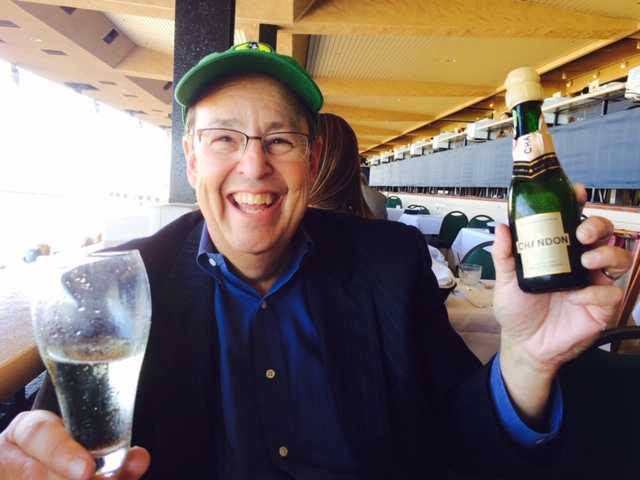You are either going to love this or hate this. It took me most of a day to decide I loved it.
The American (George Clooney, Violante Placido) – Most people love the glib, hunky George Clooney on screen. You know who you are. But there is so much more acting, directing and producing ability to George Clooney as evidenced by his Oscar win for Syriana; his nominations for picture, director and writing for the docu-drama Good Night and Good Luck, and his nomination for acting in Michael Clayton (not to mention the nomination for Best Actor for Up in the Air). Clooney may actually like the serious stuff more. His box-office bomb, The Good German (with Cate Blanchett), a film noir set in the World War II-era film, is a perfect example of Clooney’s willingness to push the envelope.
The American is a very, very European movie, shot in Sweden but primarily in Italy, where Clooney lives when he’s not back in the States. He joins with little-known director Anton Corbijn (best known for music videos and the unsuccessful 2007 film, Control, with Samantha Morton), to produce a slow-paced story about a lonely, paranoid, aging assassin who finds himself a marked man. Based on the Martin Booth novel, A Very Private Gentlemen, The American should have used the book title because it defines the very nature of Clooney’s character, Jack (or Edward; we’re not sure). We know little about Jack, and that is the idea. We’re not supposed to. The movie picks up Jack in Sweden, where he emerges from a snowy cabin with a lovely woman to take a walk in the snow. He/we spot some footprints in the snow, and Jack realizes he’s in trouble. Acting fast, he kills the man sent to kill him. And then the audience gasps. Act II begins in Italy where Jack arrives by train and immediately calls his foreign handler, a mystery man whose instructions Jack takes without question. Who is this guy (and why wasn’t he played by Max von Sydow)? For those of you familiar with In Bruges, the fabulous and funny film about assassins, this handler, Pavel, is similar to Ralph Fiennes’ character.
In Italy, Jack lives a lonely existence. But he surprisingly (to us and him) befriends a local, flawed priest, starts a relationship with a prostitute (Clara, played by the gorgeous Violante Placido), and goes about completing his latest assignment for Pavel. That assignment tells us much about Jack. He is creating from scratch a specialized rifle for another assassin, a stunning, cold woman played by Irina Bjoklund, another of the unknown foreign actors in the film. Jack wants this to be his last assignment as he finds himself dodging the persistent Swedes who are out to get him and avoid others lurking in the shadows. He is falling for Clara, confiding in the priest, and feeling vulnerable.
As an audience, we know the showdown is coming. Corbijn isn’t very subtle. The pace picks up; the music starts, the dialogue, which was sparse to say the least, begins to drive the film; and the color becomes sharper (until now, the shades are dark, the lighting expertly shadowy). There is symbolism galore. Referred to as “Mr. Butterfly” because of his tattoo, a book he is reading, and a scene where the female assassin has a butterfly land on her arm, Jack flutters between places and people, looking wonderful and never landing for long. And then there is the long, lonely road. We see him driving everywhere and often, almost always on an otherwise empty road – the metaphor for his life. He seems destined for loneliness even as he begins to embrace others. The movie can be summarized in one line from Pavel: “Don’t make any friends.”
If you can avoid falling asleep through the first 45 minutes, you will get sucked into the beautiful cinematography, the perfect lighting, and the exceptional acting, particularly by an actor who loves playing cold and calculating as much as being Danny Ocean.

